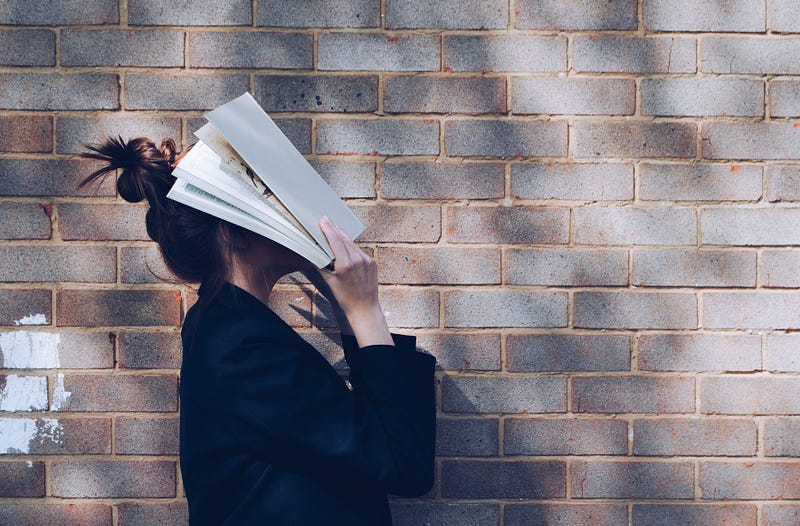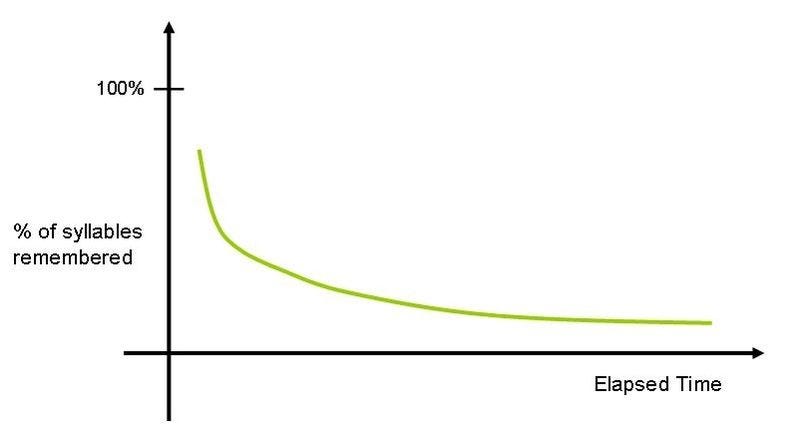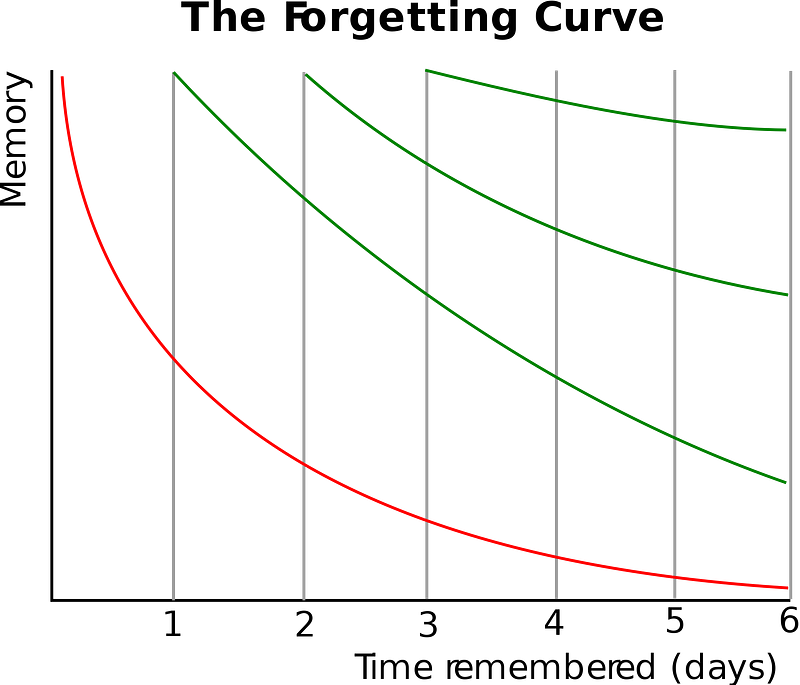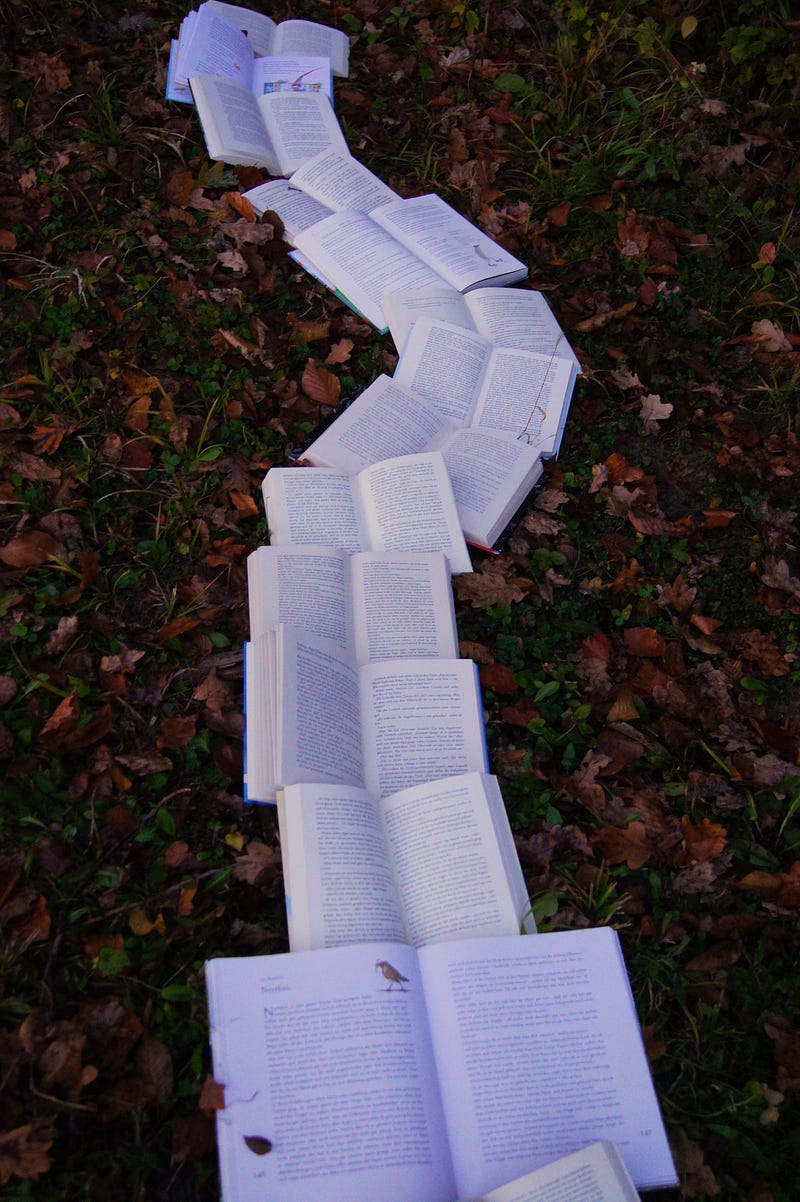How to remember what you read and never forget it!

Books are wormholes to Wonderland. Without reading, life would be a mistake. But reading and not remembering what you read is worse. It is time wasted!
I used to find myself reading an amazing book and then miserably failing to articulate the ideas of the book while telling a friend about it. Here are some tips to read better and remember what you read.
Read What You Love
Pick a book that interests you. Read the blurb and decide if it resonates with you. Not everyone would find Sapiens by Yuval Noah Harari “Thrilling And Breath Taking”. If you don’t like non-fiction, read fiction. If you like poetry, read poetry. If you like gardening, read a book about gardening!
We all have different interests and inclinations. If you don’t choose a book about a topic you’re interested in, you will not only struggle to read it, but also struggle to remember it’s key ideas.
Life is too short to read boring books.
Read things you are passionate about. Why force yourself to read something that doesn’t interest you, when reading something you love will stick with you for longer, if not forever.
Skim Before You Read
The most important ideas inside a book are in; the contents page, the first chapter and the last chapter. Make sure you read these with a laser focus. Skimming through the contents pages will help you internalise the categorisation of the information you are about to consume. The first chapter will sow the seeds for the core idea of the book, and the last chapter will reinforce the essential take aways. If you love being meta and want to read a book about reading a book, read How to Read a Book by Mortimer J. Adler.

Reflect On What You Read
Pause to reflect what you have read. After every few paragraphs, think about what the author is trying to convey. Try to play the devil’s advocate. Do you agree with the author? Do you disagree with them? Use marginalia to note down what your own opinions are. This way you will absorb the ideas better.
Use Flash Cards Instead Of Highlighting
I confess that I highlight obsessively but then forget to review them. I will highlight and feel great about it but those highlights would spend rest of their life in the depths of Tartarus.
Highlighting is considered a passive way of learning. Studies have shown that methods involving active recall and spaced repetitions, (like using flash cards), are more effective in committing information to your long term memory.

If you love highlighting like I do, try this app called Readwise. Readwise syncs all your highlights from most content sources on the internet, (Medium, Kindle, iBooks etc), then gives you a random feed of your highlights to review daily. It lets you turn your highlights into flashcards which you can then use to take your retention to the next level. Another awesome app is Anki. You can use Anki to create flash cards or download existing flashcards created by other people.
Write A Summary Of What You Read
Again, active recall and spaced repetitions are the most effective forms of retaining anything in long term memory. The human brain is super efficient at forgetting things it doesn’t use on a regular basis. After your reading session, put the book aside and summarise what you read from memory. And before you go back to your book next time, read the summary that you wrote.

In the early 1880s, Hermann Ebbinhaus studied the memorisation of nonsensical syllables and the rate of forgetting them. He found that over a period of time, we forget information at a rapid rate. He plotted his findings on a graph and came up with a mathematical equation that approximates the rate at which we forget information with respect to time. This has now come to be known as the Forgetting Curve.
Review What You Read
Reread smartly by reviewing your highlights, notes and summaries. Create a perpetual reviewing routine. As you read more, you’ll realise which pieces of information are important to you, and relevant to you at a certain point in time. It is impossible to remember everything, all the time, but you can remember the most relevant things at a certain point in time by keeping and maintaining a review routine.
Francis Bacon, The Essays

Studies have shown that spaced repetition can help flatten the Forgetting Curve. The more you review, the more you remember.
Teach What You Read
Teaching can be a very effective form of learning. When you teach, you learn to articulate your ideas clearly. Teaching pushes you to refine and distil your thoughts into simple and memorable language. Simplicity is the most complex endeavour. Teaching also helps to expose your own knowledge gaps. Teaching to learn has been popularly called “The Feynman Technique”, named after Richard Feynman.

Richard Feynman was a prolific physicist and a brilliant teacher. He had the ability to explain very complex ideas in very simple and easy-to-understand language. Bill Gates was so inspired by Feynman’s mental models, he famously called him, “the greatest teacher I ever had.”
Visualise What You Read
One of the most popular memory techniques involves imagining what you read in vivid visuals and building a picturesque story around it. This technique has been around since our ancestors passed down knowledge in the form of stories, from generation to generation. The wilder, the more absurd and the more colourful your visualisations, the more memorable the information would be. If you want to learn more about this technique I recommend reading Memory Craft by Lynne Kelly.

Read Less
What? Yes you read that right. Read less at a time. Fear of losing out can be crippling sometimes and it makes you forget the joy of reading. Read less at a time and thoroughly enjoy what you are reading. Take a step back from the current era of information overload and enjoy the process of reading. Consuming new ideas in small quantities over a longer period of time is more efficient for learning and retention than cramming a big load of information into one session. (Remind you of exam time in school?) Reading less at a time will help your brain absorb new ideas more efficiently.
Read More
I know, I know…I am contradicting myself. But hear me out. Read more over a longer period of time. The more you read, the more you can connect the dots between different things you read. Read a wide range of books. Read outside your circle of competence. Read about random things you’ve never heard of before.

The more you read the faster you read. And this is not only because you are increasing your reading speed but also because you will come across similar ideas in many books and you will find yourself skimming through pages thinking “Oh yes I know this!… This is what I think about this ….I have seen this before but I don’t agree with it…”
You will begin to notice how multiple books form a network of knowledge in your mind.
Do Not Multi-Task While Reading
One of the worst things you can do while reading is multi-task. Find a quiet environment and read. I am all in for serial multitasking: batching similar tasks, and completing them in one go. It’s parallel multitasking that can cause context switching and attention fragmentation, leading to poorer retention.

Studies show that multitasking has negative effects on reading comprehension and retention.
If you read on your phone, turn on the aeroplane mode. Minimise your distractions and read. Just read.
Apply What You Read
And after all of that, apply what you have read to your everyday life. What good is any knowledge if you don’t use it? Incorporate your newly acquired knowledge into your day.

If you have read about investing, try investing. You might read a book about the benefits of learning music to the brain. So try learning a new instrument. Or maybe you have read about how to efficiently chop garlic in a Nora Roberts novel. Try it out in the kitchen (be careful though).
Conclusion
Books are wormholes that let us wander to different points in space and time, instantaneously. We learnt how we can maximise the joy of reading by remembering more of what we read. These tips might also help prevent that embarrassing moment at a dinner party while messing up a punchline to a joke we swore would crack everyone up.
Thanks for reading.
Happy Learning ⭐️
Colour Your Grey Matter 💡🧠
References
- Classics in the History of Psychology — Ebbinghaus (1885/1913) Chapter 1 2020, Yorku.ca, viewed 27 November 2020, <http://psychclassics.yorku.ca/Ebbinghaus/index.htm>.
- Smolen, P, Zhang, Y & Byrne, JH 2016, ‘The right time to learn: mechanisms and optimization of spaced learning’, Nature Reviews Neuroscience, vol. 17, no. 2, pp. 77–88, viewed 27 November 2020, <https://www.ncbi.nlm.nih.gov/pmc/articles/PMC5126970/>.
- APA PsycNet 2020, Apa.org, viewed 27 November 2020, <https://content.apa.org/record/1940-02338-001>.
- Tran, P, Carrillo, R & Kaveri Subrahmanyam 2013, ‘Effects of online multitasking on reading comprehension of expository text’, Cyberpsychology: Journal of Psychosocial Research on Cyberspace, vol. 7, no. 3, viewed 27 November 2020, <https://cyberpsychology.eu/article/view/4291/3336>.
- The Science of Accelerated Learning: Advanced Strategies for Quicker Comprehension, Greater Retention, and Systematic Expertise (Learning how to Learn Book 4) eBook: Hollins, Peter: Amazon.com.au: Kindle Store 2020, Amazon.com.au, viewed 28 November 2020, <https://www.amazon.com.au/Science-Accelerated-Learning-Strategies-Comprehension-ebook/dp/B07856MDT3>.
